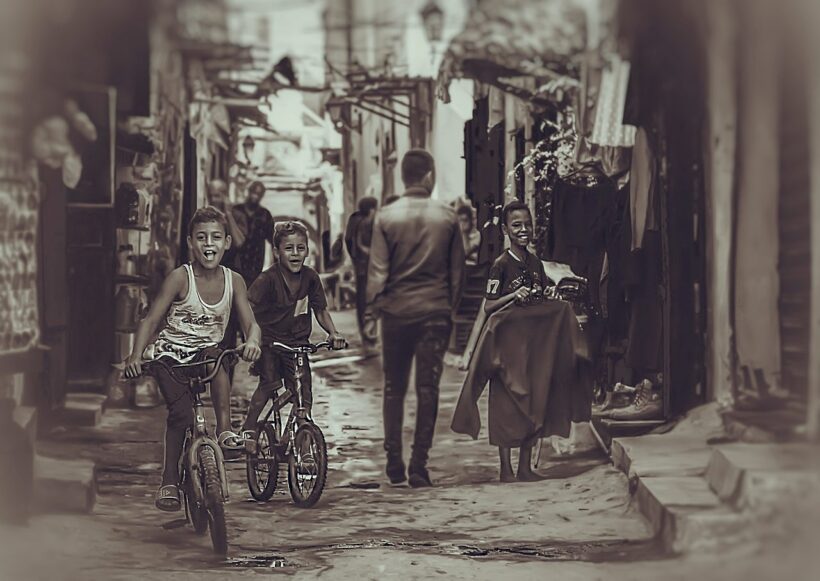Under the auspices of the African Union, a preparatory meeting for a possible national reconciliation conference in Libya took place in Tripoli this January 8.
The conclave, of a technical nature, laid the groundwork for an agreement to bring the actors at the same table to resolve the protracted crisis in the country.
The meeting was attended by the Congolese Minister of Foreign Affairs, Jean Claude Gakosso, who on behalf of the president of the High Level Committee of the regional organization, called on the political actors and the parties involved in the conflict to transcend rancor.
He also urged Libyans to take advantage of the African Union’s offer to bring definitive peace to the battered country.
For his part, the President of Senegal and of the African Union (AU), Macky Sall, affirmed the commitment of the AU and UN initiative to ensure that national reconciliation “constitutes a success in order to promote a comprehensive political solution”.
At the same time, the National Human Rights Council criticized the lack of participation of civil society institutions, as well as the families of victims and affected people, in the reconciliation phase.
The participants in this meeting, which continues until next Thursday 12, arranged the preparations for the Conference in subcommittees of work, which should discuss and unify criteria on the return of security, the form of government, decentralization and issues related to justice.
In 2011, taking advantage of the earthquake of the Arab Spring, the petty interests of corporations and the Atlanticist geopolitical strategy, with armed support to rebel factions and the persecution of Muammar Gaddafi until his physical elimination, did nothing but promote fratricide.
More than a decade has passed since then and today Libya is a destroyed nation, being the main transit territory for African migrants to Europe.
Peace and reconciliation are the only possible way forward for this once thriving country, where abundant oil revenues were used to provide education, health and housing for the population, albeit under pressure from an authoritarian and repressive government against dissidents.
For the first time since the frustrated conference announced by the United Nations for April 2019, this meeting achieved the task of threading a path to bring the diametrically opposed claims of the warring sides closer together.
Today, a new horizon for Libya seems to be closer.










